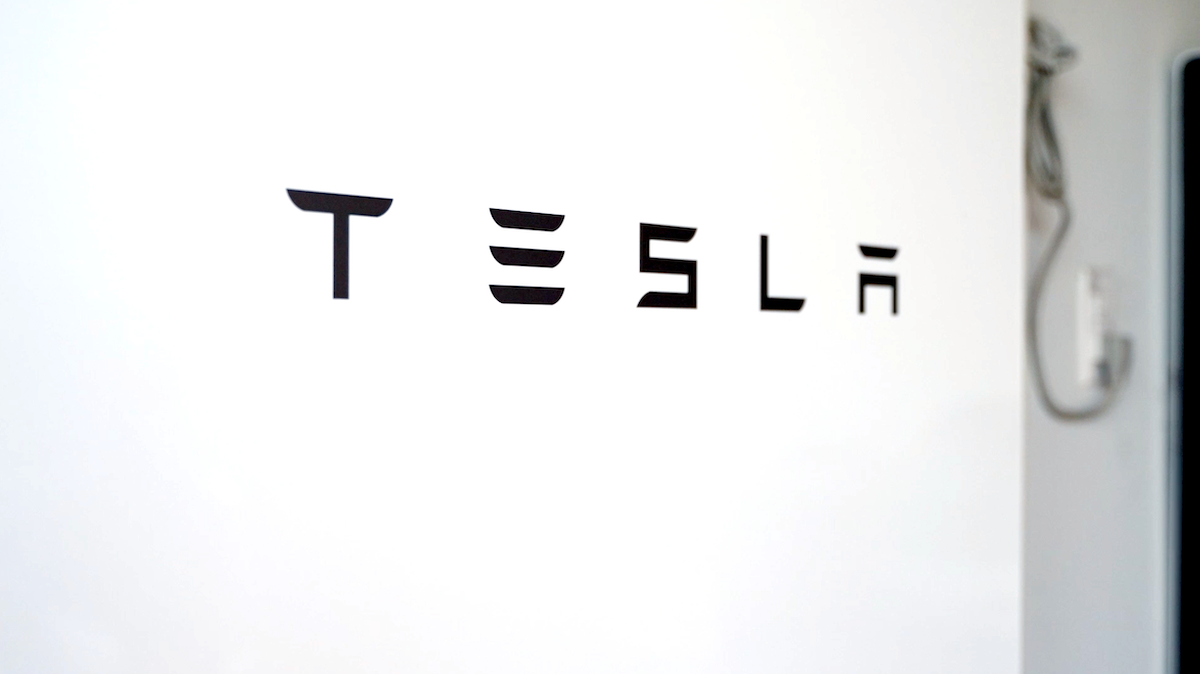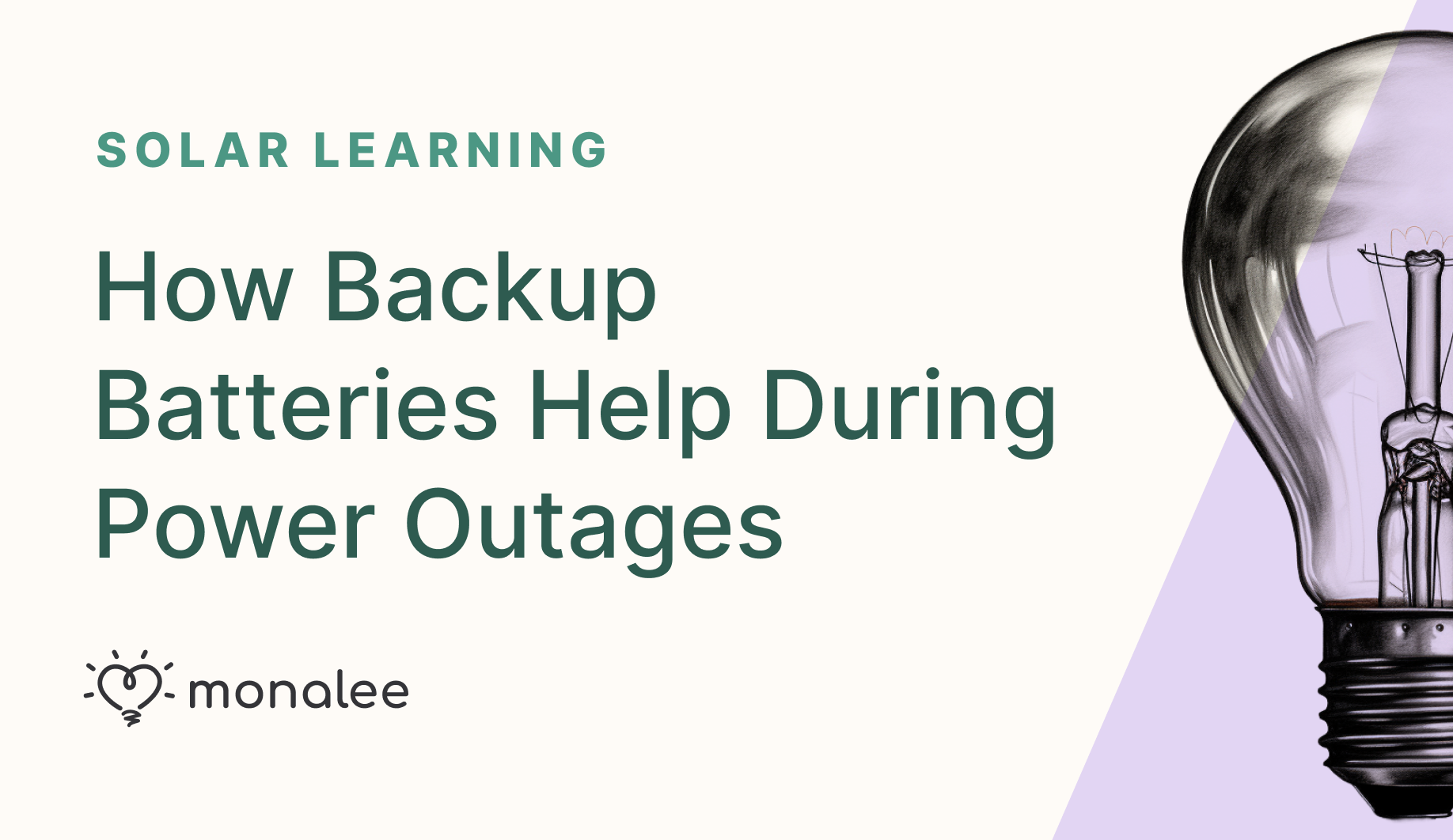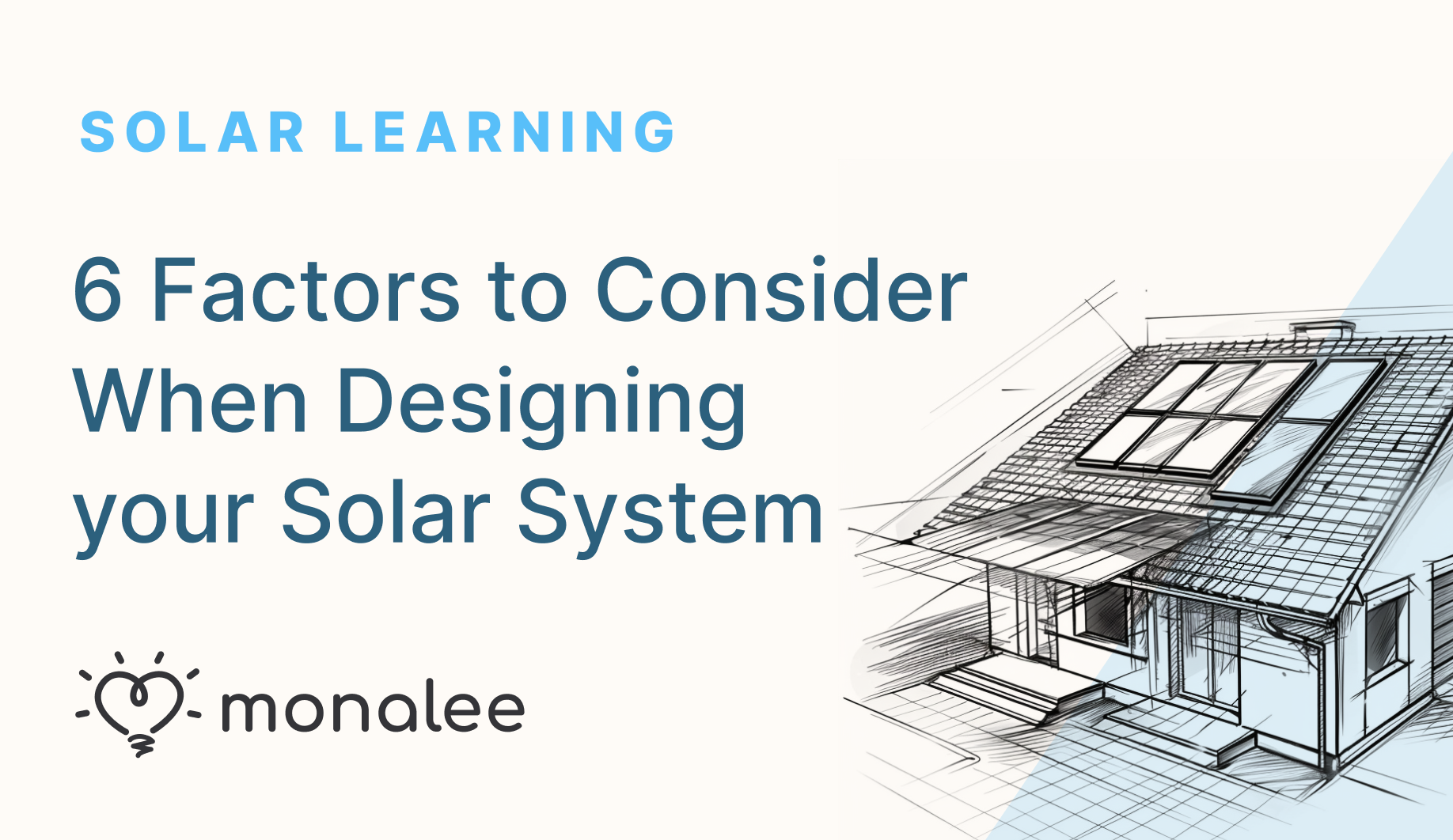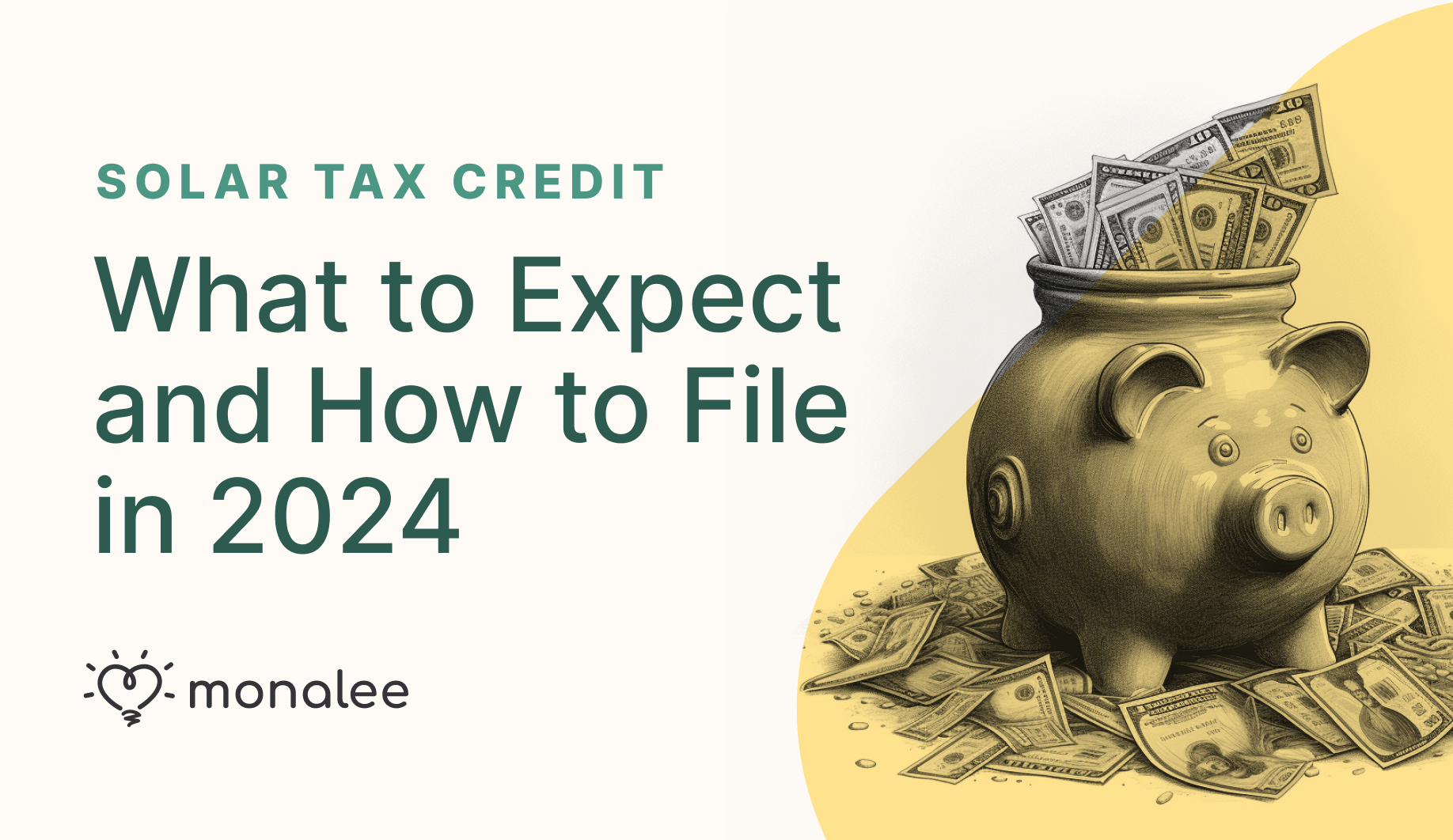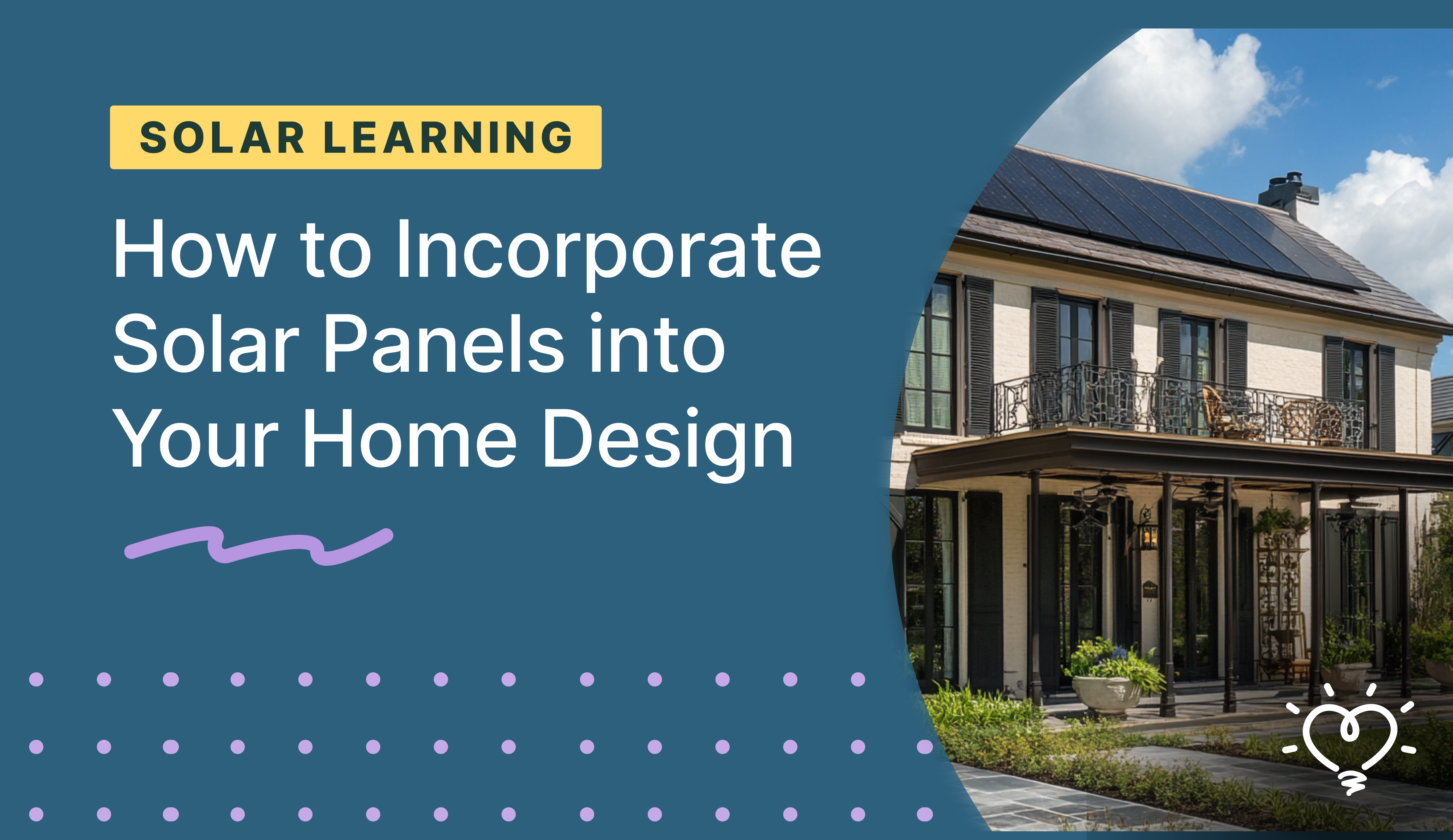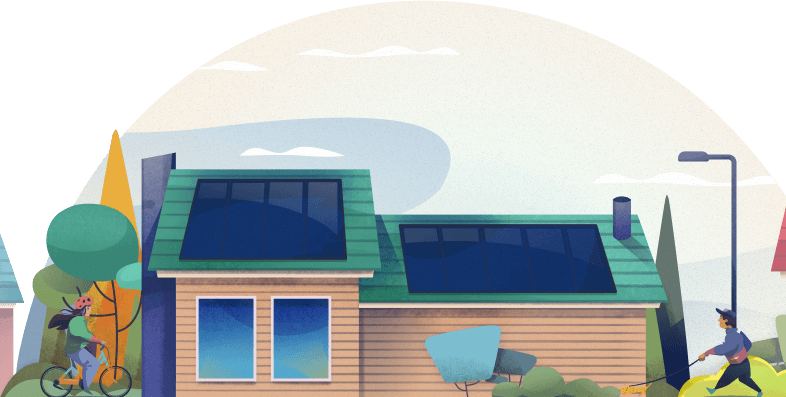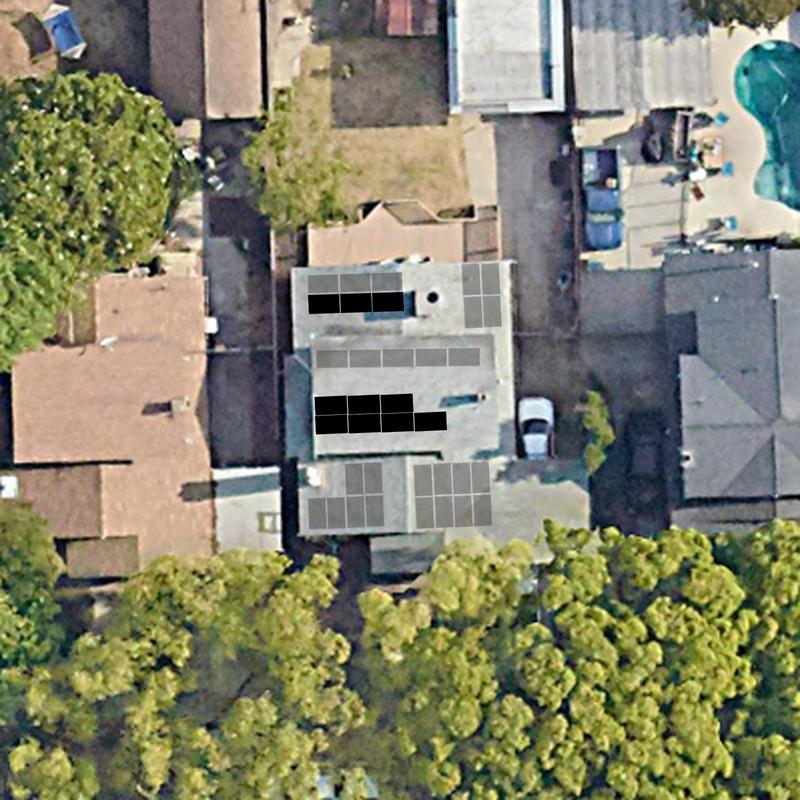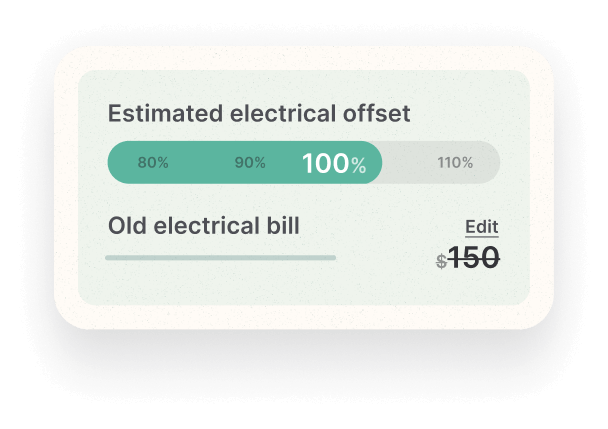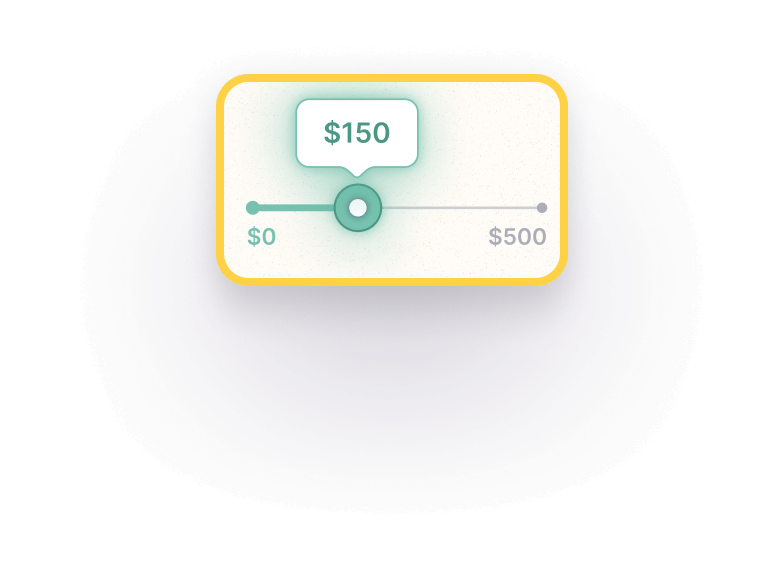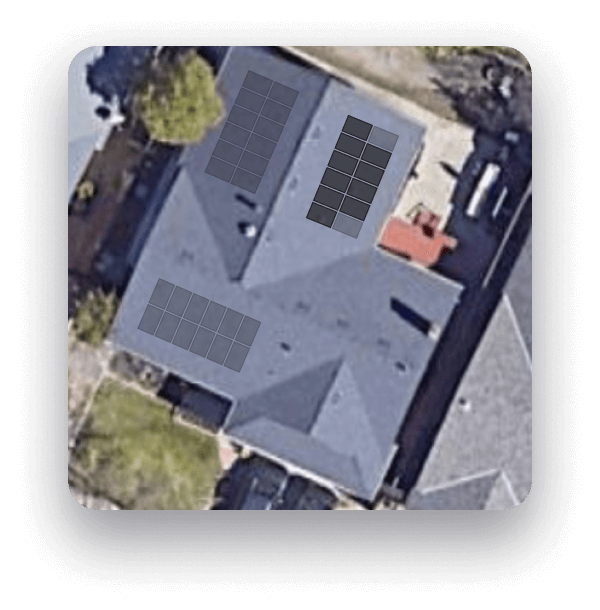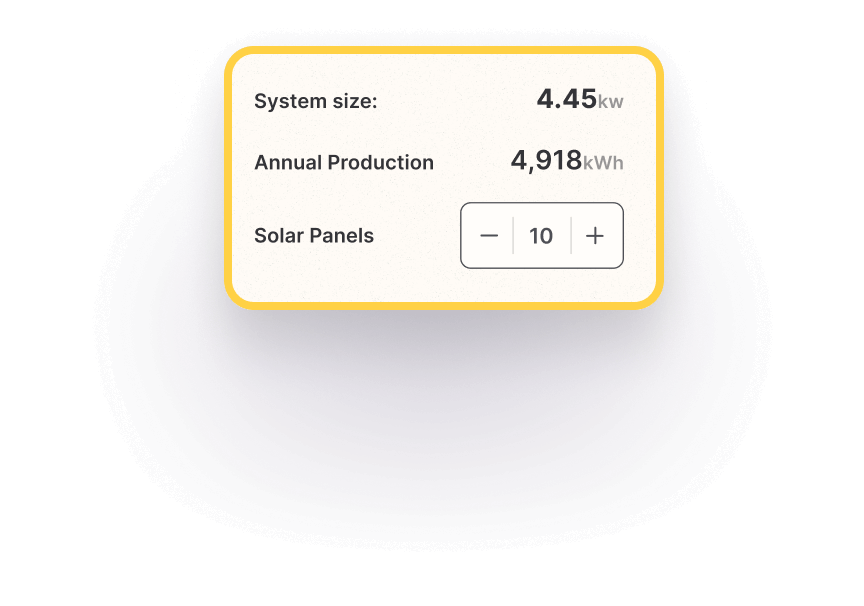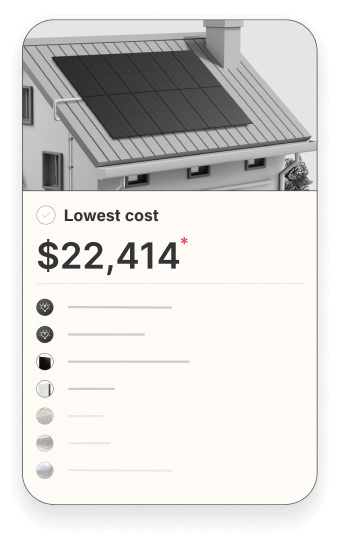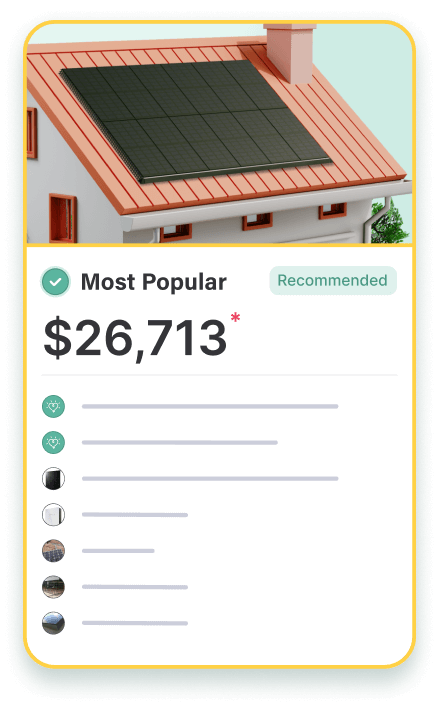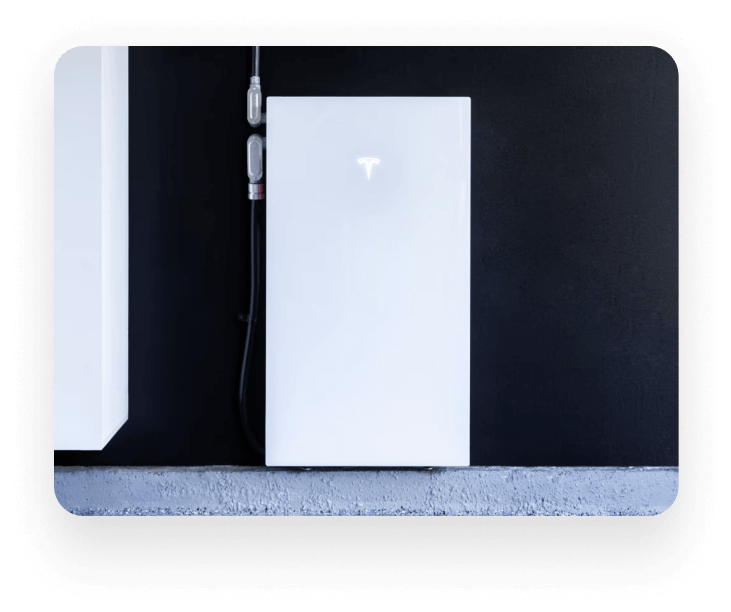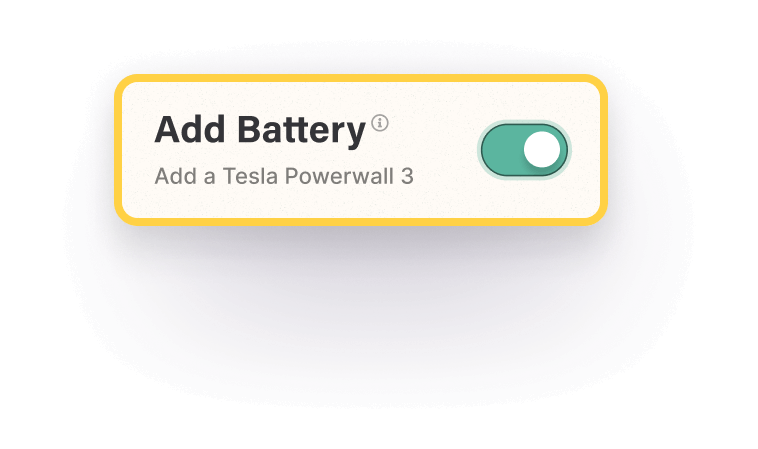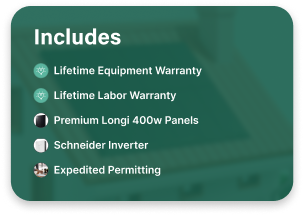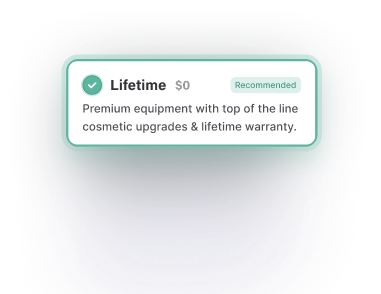Going solar will significantly lower your electric bill, and adding a battery can result in even more savings. Here's how.
One of the most common questions we receive when new customers sign on with Monalee, is whether or not they should add a battery or their order. The short answer is ‘it depends.’
If your budget allows, we always recommend investing in a standalone battery. This is especially true if you live in an area that is prone to power outages and/or if you’re no longer connected to your local grid.
Here’s a quick guide to what happens when there’s a power outage, and how a backup battery can get you back up and running in no time.
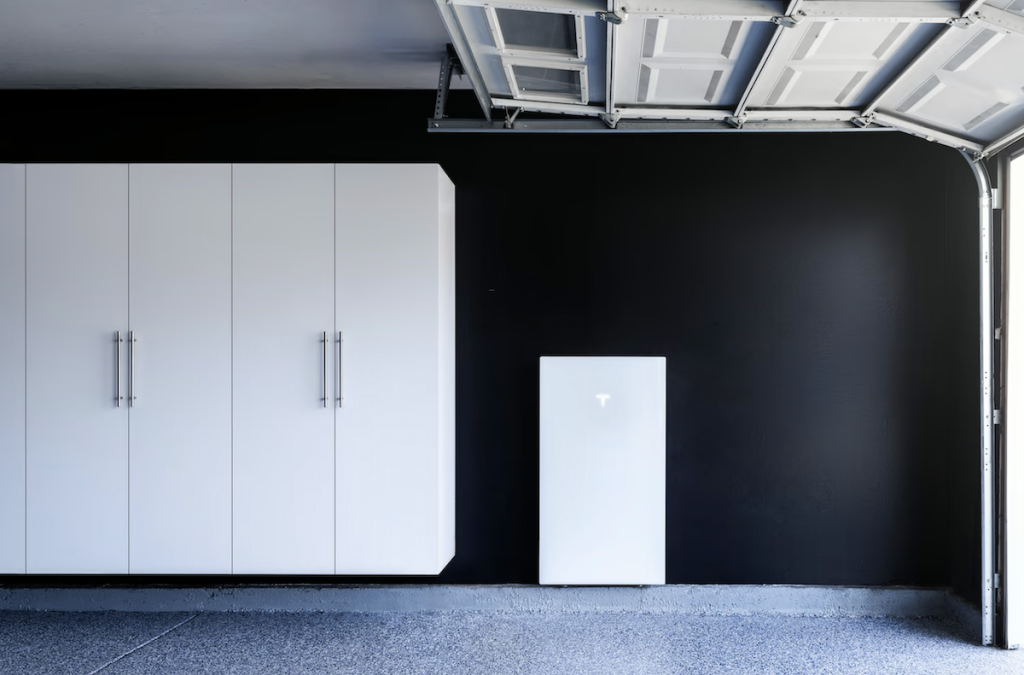
The Benefits of a Battery
While backup batteries can be pricey, they’re ultimately worth the investment. This is especially true for homeowners who live in areas where power outages are common.
Here are a few benefits to having a backup battery for your home’s solar system.
You’ll have lower electric bills
Going solar will significantly lower your electric bill, and adding a battery can result in even more savings. This is where net metering (or NEM) comes in.
For homeowners who have solar panels but do not have their own battery, they can offload any excess energy their systems produce to their local grid. In other words, you’re selling your excess energy to your local utility for them to use. In exchange, you receive credits that you can use yourself during off-peak hours when your panels produce less energy.
The tricky thing with net metering is that many states are getting rid of it altogether. For those states who still offer net metering—such as California’s new NEM 3.0—the credits homeowners receive in exchange for selling their energy to the utility company is not a 1:1 ratio. Having a solar battery means puts the power back in your hands.
You’ll achieve energy independence
This leads us to the next biggest benefit of having a battery; achieving energy independence. When you have a solar battery as part of your solar system, you won’t need connection to the local grid. It also provides peace of mind during outages, because you know you’re covered. That said, try your best to calculate how much solar battery backup you might need. Take into account how often power outages occur in your area and how much power your home generally needs to run on.
The value of your home goes up
Aside from achieving a higher return of investment (ROI) on your solar system, having a battery in place actually increases the value of your home, should you choose to sell it one day. There are many reasons why investing in solar—including a backup battery—increases the value of a home. Moving into a home with a system already in place means lower electric bills, no noise pollution (your standard generator is pretty loud) and creates less pollution than traditional fossil fuels do.
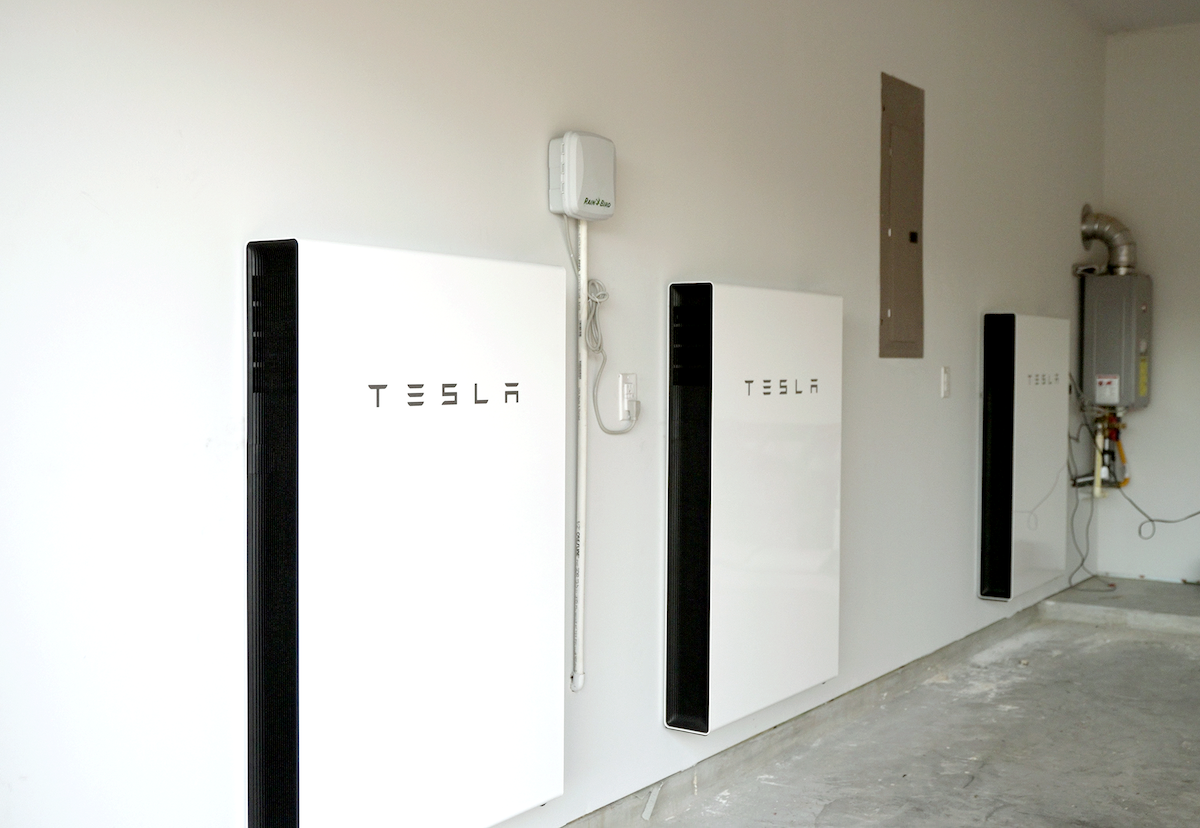
What to do during a power outage
For non-battery owners:
When a power outage occurs in your area, your solar system will disconnect from the local grid. The biggest reason for this is safety; workers will likely be sent out to repair faulty electrical wires and it’s potentially dangerous for them if solar power is traveling back to the grid at the same time that they are trying to fix the issue. If you don’t have a battery with blackout protection (read below), then there’s not much you can do other than waiting it out.
For battery owners:
For solar batteries to work during a blackout, they require ‘blackout protection.’ This is a feature that allows the battery to power your home without it connecting to your local grid. Electrical workers will be handling power lines during an outage and are therefore vulnerable to being shocked by electric currents. For homeowners with a solar battery, their inverter will disconnect from the grid but they will still have access to whatever energy remains in their battery. How long this power lasts for depends on several factors such as how many panels you have and how much sunlight they receive throughout the day.
Safety and Energy Conservation Tips
Backup battery or not, there are a few actions (and precautions) to take following any power outage.
Take a look around your property, checking for any fallen power lines or lights flickering on and off. Sometimes you might see an appliance emitting shocks. Report anything out of the ordinary to your power company.
As a next step, do your best to minimize electrical damage to your home. It’s always a good idea to turn off the lights in your house and unplug potentially sensitive appliances such as your TV or microwave. Limit how often you open and close your refrigerator and freezer; this way, your food will stay fresh for longer.
